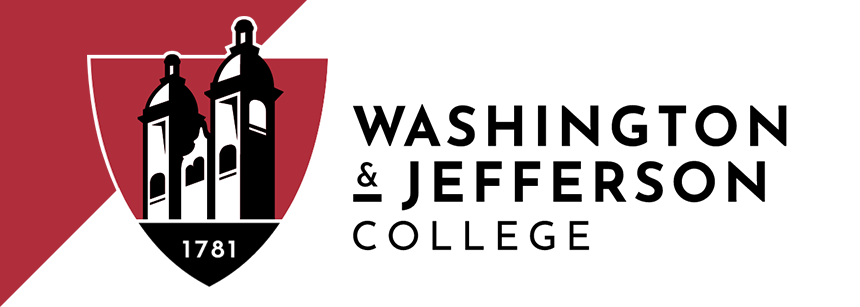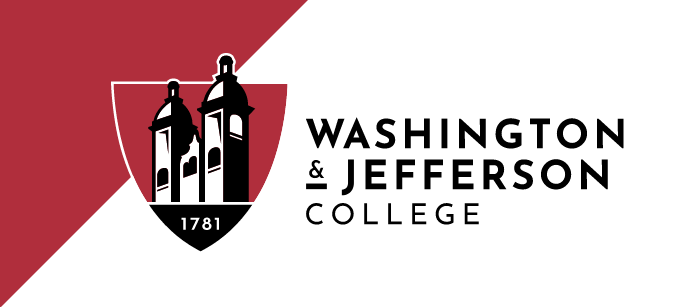WASHINGTON, Pa. (January 21, 2014)—Spending the day experimenting, creating, testing, adapting—in the classroom and in the laboratory—is nothing new to a college student.
But in the kitchen?
Eight Washington & Jefferson College (W&J) students are putting their scientific research skills to use in a different way during an intersession course called the “Science of Cheese-making.”
From understanding the making of feta, mozzarella, ricotta and goat cheese, to visiting several specialty cheese purveyors designed to educate on the economic value of local and imported cheeses in the surrounding market, students are learning a craft that teacher Kelly Weixel, assistant professor of biology, says lies between art and science.
“In making cheese, we are looking for a certain quality while at the same time looking to produce a protocol that is reproducible,” Weixel said. “We are looking at texture, nutrition, taste. All of the processes utilize chemistry and biological principals.”
Weixel said students gain an understanding of the manufacturing of cheese, knowledge of milk composition, and how microbiology combined with good sanitary practices forms the foundation for consistent, high-quality cheese. Manufacturing of the four types of cheese is discussed and performed with an emphasis on the chemical and microbial changes at each step in the process.
Corey Young, a junior English major from Meadville, Pa., said, “I think the course is important because of the cultural and scientific approach it takes. We are looking at the bacterial process, the acidifying process, basically the integration of culture and science.”
Young plans to attend medical school following graduating.
Chloe Williams, a senior from North Huntington, Pa. majoring in business, pointed out the importance of team-work.
“There is a lot of teamwork involved and we have to be very efficient in how we do things,” she said.
Weixel said she hopes the class evolves into a semester-long course that focuses on fermentation of foods and beverages.
The three-week Intersession term, a distinctive feature of the W&J academic calendar, is a term held between the Fall and Spring term, in which sharply focused topics courses are featured. Each student concentrates on a single course, with, in some cases, the addition of a physical education course. Many students also pursue study abroad, off-campus internships, or independent study projects.
(end)

